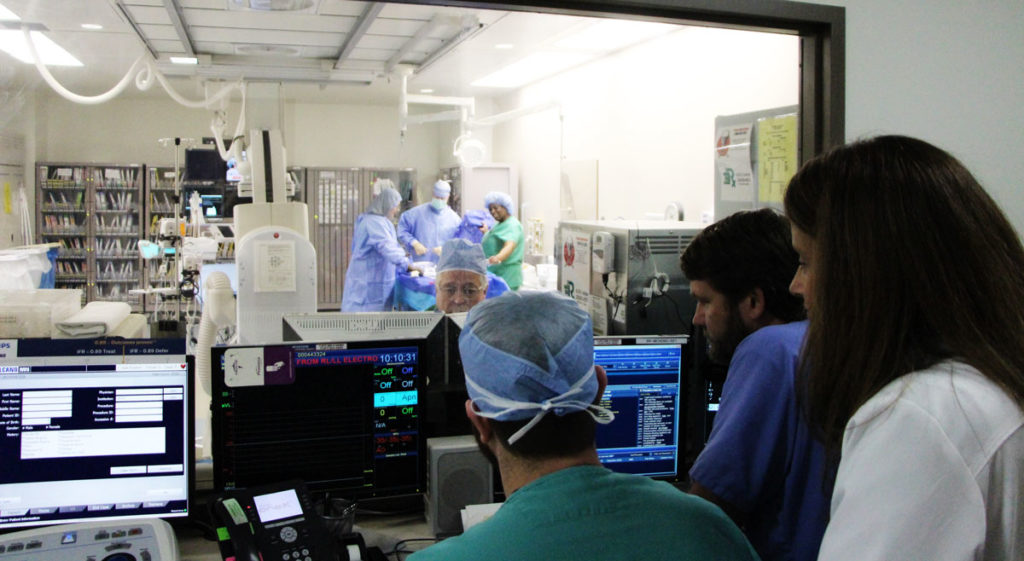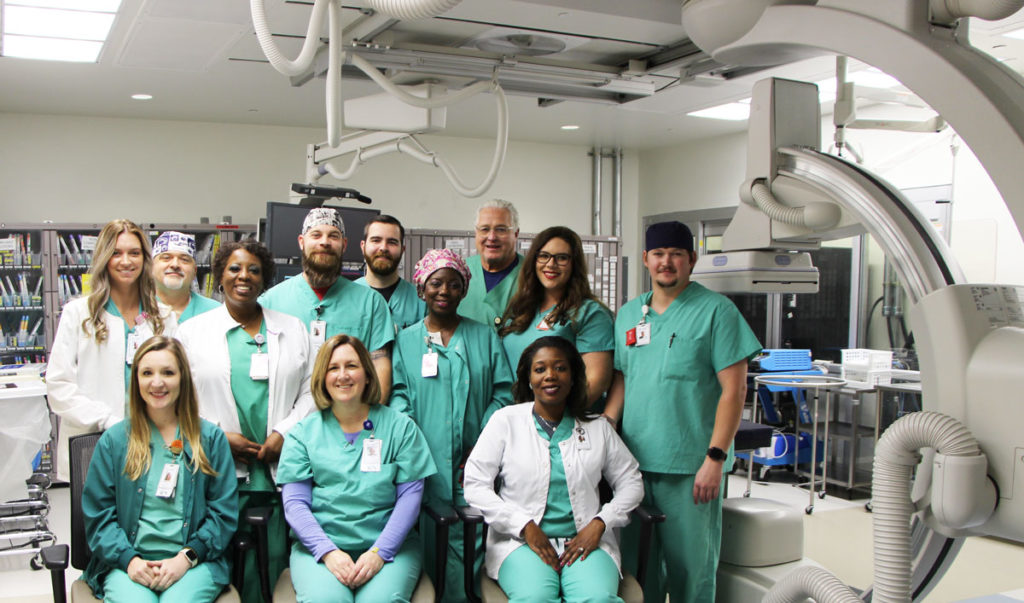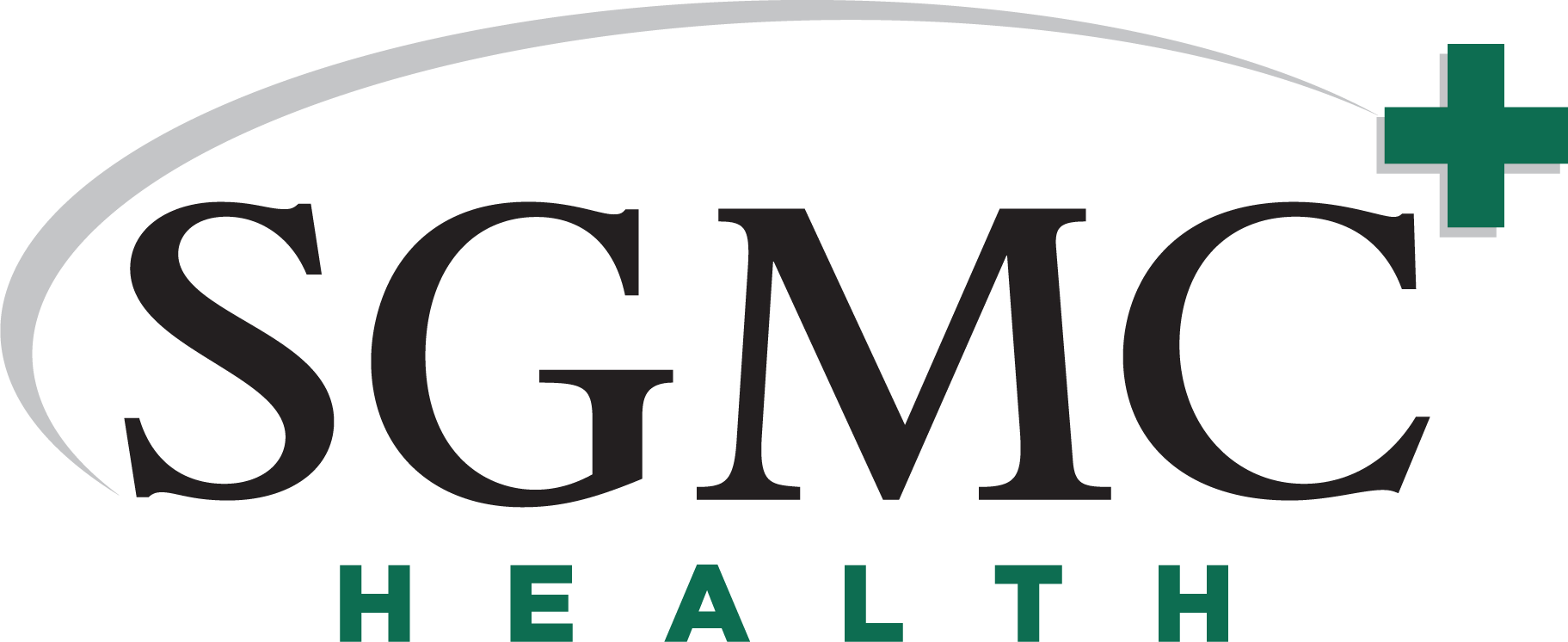
Valdosta, GA – Cardiac professionals at South Georgia Medical Center are seeing a concerning trend as more and more heart patients are choosing to wait it out instead of calling 911 when symptoms begin. This decision can have serious repercussions— even death.
Healthcare professionals warn that if you or someone you love is having chest pain or other symptoms of a heart attack, call 9-1-1 immediately. Do not try to drive to the hospital and do not ask someone to drive you.
Heart attack symptoms can vary but may include chest pain, heart palpitations, arm and shoulder pain, jaw pain, sweating, dizziness and nausea.
Calling 9-1-1 is the preferred way to get lifesaving treatment. Emergency medical services (EMS) can begin treatment when they arrive — up to an hour sooner than if someone gets to the hospital by car. EMS staff are also trained to revive someone whose heart has stopped.
SGMC Chief of Cardiology Doug Luke, MD, explained, “The best outcomes are related to prompt medical treatment. Patients experiencing any of these heart attack symptoms should call 9-1-1 immediately. EMS has the knowledge and tools to begin effective interventions while the ambulance is enroute.”
In a heart attack, a coronary artery is at least partially blocked by a blood clot or arterial plaque. With a more serious heart attack referred to as a STEMI (ST-elevated myocardial infarction), the artery is completely blocked. The blockage causes the heart muscle to start dying. Timely treatment can mean the difference between returning to work or becoming permanently disabled, and death.
Research suggests that if the vessel is opened within the first few hours of the blockage, the patient will have a better chance of survival and less muscle damage.
Residents of South Georgia are fortunate, because ambulances are equipped with technology that allows heart attack victims’ EKG results to be transmitted to hospital emergency rooms for review and assessment while the patient is enroute.
Do not disregard the symptoms of heart and vascular diseases. It is most likely they will not disappear on their own. Be proactive and save a life.

